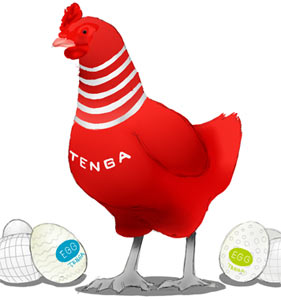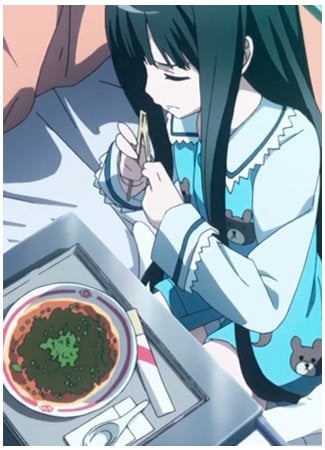It’s common for words to pass from one language to another, with meanings that get updated or redefined to fit the needs of the new language group. Many of the words we use in English originally came from French, for example, words like beef, pork and poultry came to indicate the meat of cows, pigs and chickens through the interaction between French-speaking landowners (who ate the meat) and their English-speaking hired help (who tended the animals). The Japanese borrow words from other languages too, and not just silly phrases like SUPER HAPPY GET CHANCE. While most foreign loan words are 20th Century imports, quite a few came into use in the Edo Period and before, including tempura (from the Portuguese word for spice), garasu (window glass), kohi (coffee), and kirishitan (Christian). In fact, these words have been in use for so long they have kanji assigned to them, which violates the (modern) rule that katakana be used to write foreign-based words. Since these kanji words have old-world charm associated with them that’s not unlike archaic spellings of words in English , it’s common to see these kanji words used to create a unique atmosphere in coffee shops, etc.

So what would the meat of a Tenga Egg-laying chicken be? Or maybe I don’t want to know.















